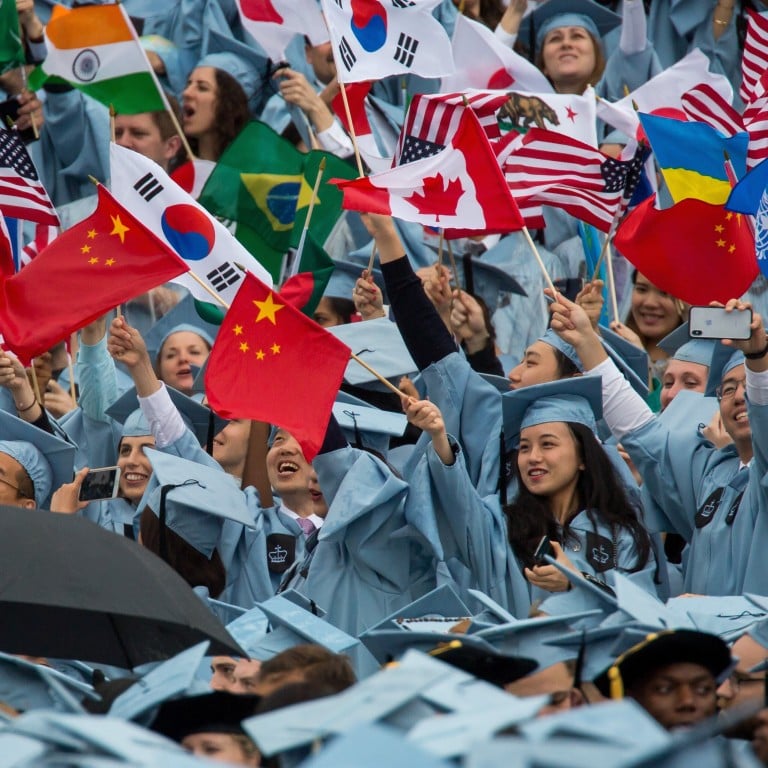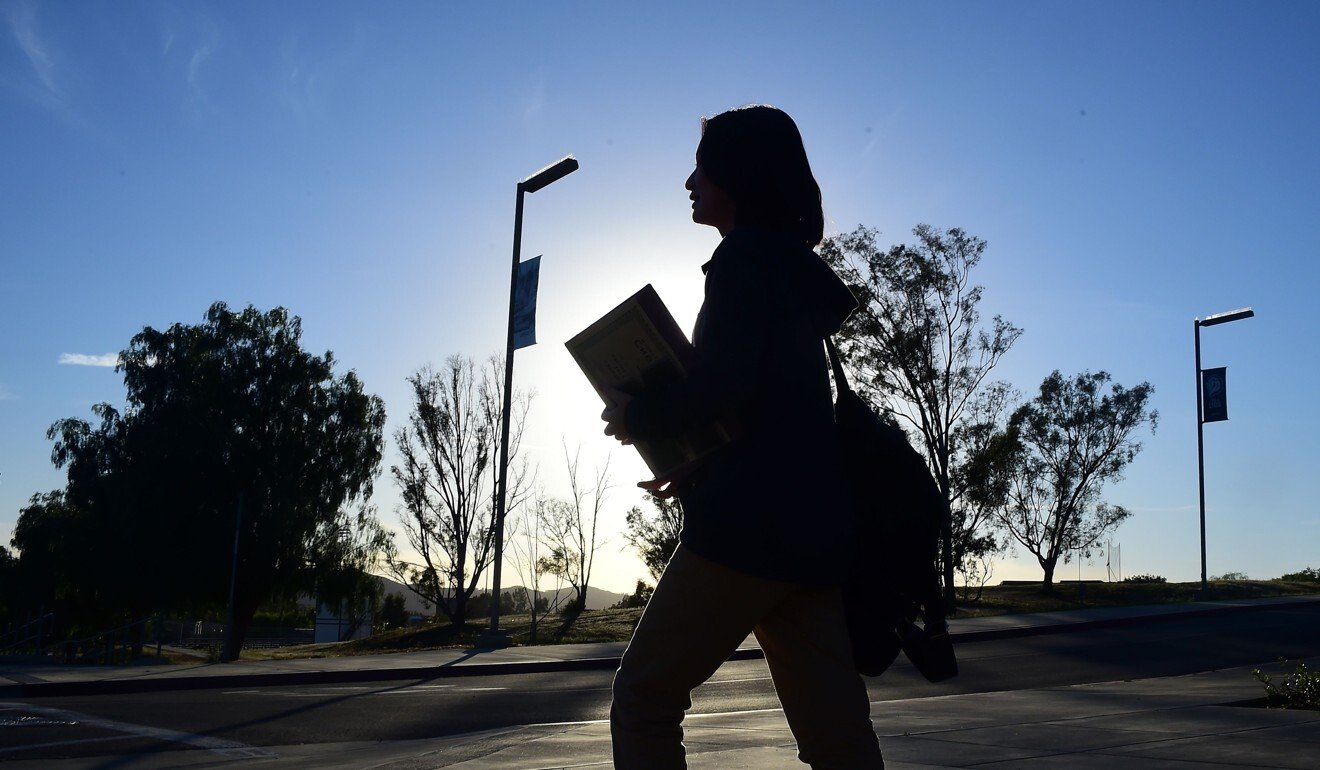
US-China big chill may freeze out Chinese students from American university research labs
- Three lawmakers propose bill to prohibit students from Chinese mainland studying STEM subjects in US
- ‘Chinese Communist Party has long used American universities to conduct espionage on the United States,’ Republican Senator Tom Cotton says
The two senators and one member of the House of Representatives on Wednesday said the Secure Campus Act would effectively bar Chinese nationals from receiving visas for graduate or postgraduate study in so-called STEM (science, technology, engineering and mathematics) fields. Those from Taiwan and Hong Kong would be exempt.
“What’s worse is that their efforts exploit gaps in current law. It’s time for that to end,” he said. “The Secure Campus Act will protect our national security and maintain the integrity of the American research enterprise.”
Hong Kong is the latest flashpoint after Beijing drew up a national security law that Washington says tramples on the city’s mini-constitution. The US threatened retaliation over the move.

The US and China are each other’s top research collaborators, according to statistics compiled by Nature Index, a database collated from research articles published in a group of 82 science journals.
Members of the US scientific community have resisted what they view as actions unfairly targeting foreign-born colleagues, specifically those from China. They have also raised concerns that such campaigns will discourage talented individuals from studying at US institutions.
No timeline has yet been set for deliberation of the proposed legislation, but US officials have long raised concerns that Beijing is attempting to steal intellectual property via researchers and funding programmes.
US law enforcement and educational agencies have raised red flags about undisclosed ties between federally funded researchers and foreign governments. A crackdown has included indictments and dismissals.
The bill proposes that all participants in China’s foreign talent recruitment programmes register under the Foreign Agents Registration Act. It would also prohibit Chinese nationals and participants in such China-sponsored programmes from receiving federal grants or working on federally funded research and development in STEM fields.
Universities, laboratories and research institutes receiving federal funding would need to attest that they were not knowingly employing participants in China’s foreign talent recruitment programmes. The US secretary of state would be obliged to develop and publish a list of such programmes, according to a summary of the bill released on Wednesday.
Restrictions on visas have already been used elsewhere, namely the media industry, in what has been characterised as an expanding tit-for-tat Cold War between the US and China.
The action follows China’s decision in March to revoke the press credentials for American journalists from three major US newspapers, and declared five US media outlets to be foreign government functionaries. The Trump administration in February labelled five Chinese state media groups as “foreign missions”.

